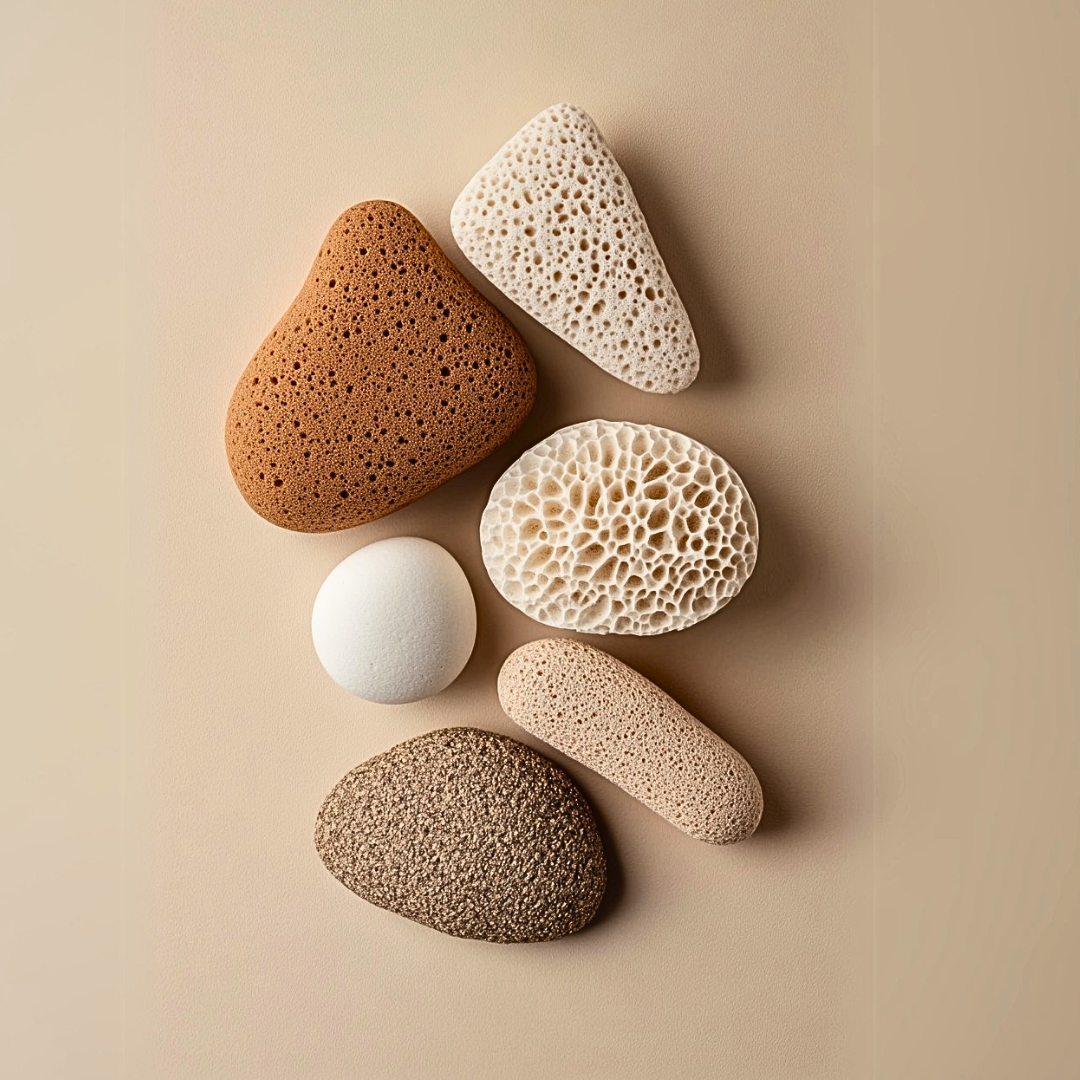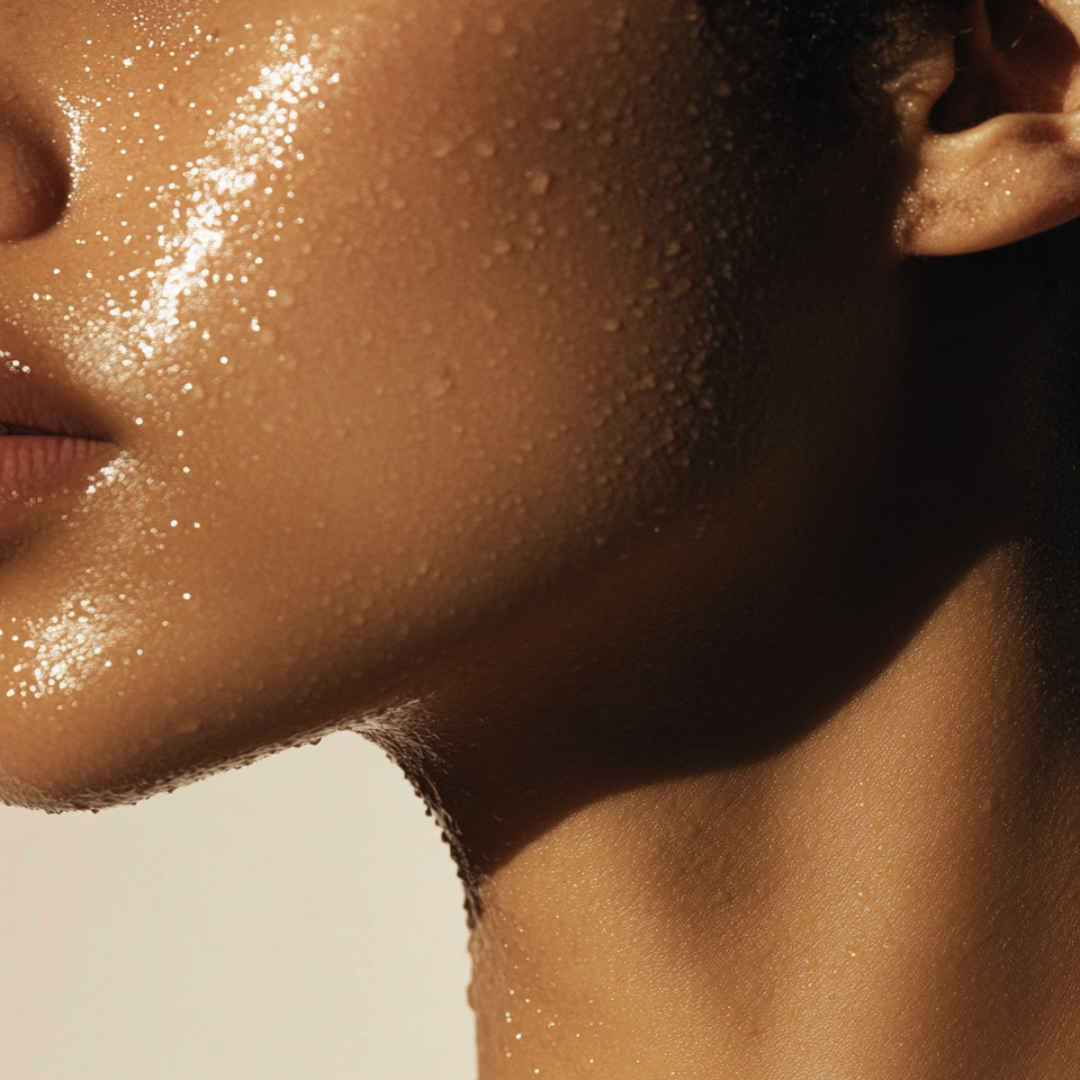Article: Collagen Co-Factors: The Missing Link in Your Supplement Routine

Collagen Co-Factors: The Missing Link in Your Supplement Routine
So you’ve invested in a high-quality collagen supplement - great! But are you getting the full benefits?
Here’s the truth: Collagen supplements work best when taken with the right co-factors. These nutrients act as catalysts in your body, helping convert collagen peptides into firm, glowing skin, strong joints, healthy hair, and resilient connective tissue. Without them, you're leaving results on the table.
What Are Collagen Co-Factors?
Collagen co-factors are nutrients required by the body to synthesize, stabilize, and cross-link collagen fibers.
Taking collagen without co-factors is like buying premium building materials with no tools to assemble them. Your body needs raw amino acids + co-factors to actually build functional collagen.
The most important co-factors include:
1. Vitamin C
-
Why it matters: Vitamin C is essential for the hydroxylation of proline and lysine - two amino acids required to form stable collagen triple helices. Without it, your body simply can’t build or repair collagen properly.
-
Where to find it in food: Citrus fruits, bell peppers, strawberries, kiwis, broccoli, and leafy greens.
-
The Science: Research shows that vitamin C deficiency impairs collagen production and weakens connective tissue (Pullar et al., 2017).
2. Copper
-
Why it matters: Copper is a co-enzyme for lysyl oxidase, which helps cross-link collagen and elastin fibers, giving tissues strength and elasticity.
-
Where to find it in food: Almonds, sesame seeds, dark chocolate, lentils, and organ meats.
-
The Science: A study published in The Journal of Trace Elements in Medicine and Biology shows copper’s direct role in connective tissue integrity and collagen stabilization (Uauy et al., 1998).
3. Vitamin E
-
Why it matters: While not directly involved in collagen synthesis, Vitamin E protects collagen fibers from oxidative damage, especially in the skin. It supports long-term skin integrity and elasticity.
-
Where to find it in food: Nuts (especially almonds), sunflower seeds, avocados, and spinach.
-
The Science: Vitamin E has been shown to protect collagen fibers from degradation due to environmental stressors like UV radiation (Thiele et al., 2005).
4. Zinc
-
Why it matters: Zinc plays a key role in collagen formation, cell repair, and the activity of enzymes involved in tissue regeneration.
-
Where to find it in food: Pumpkin seeds, oysters, cashews, chickpeas, and beef.
-
The Science: Zinc deficiency is associated with impaired wound healing and weaker collagen matrix formation (Lin et al., 2017).
Implementing a Collagen-Building Routine:
If you’re serious about results, pair your daily scoop of collagen with foods rich in co-factors—or better yet, find products that build them in.
At Fix Functional, we designed our bars to work synergistically with collagen. Every Fix Bar contains:
-
9g of hydrolyzed collagen peptides
-
45% DV of Vitamin C
-
60% DV of Vitamin E
- 20% DV of Copper
Every bite supports your skin, joints, and gut - all while tasting like dessert!
The Takeaway
Collagen is powerful—but only when paired with the right nutrients. Support your body with co-factors like Vitamin C, Copper, Vitamin E, and Zinc to unlock visible, clinically-backed results from your supplement routine.
References
-
Pullar, J. M., Carr, A. C., & Vissers, M. C. (2017). The roles of vitamin C in skin health. Nutrients, 9(8), 866. https://doi.org/10.3390/nu9080866
-
Uauy, R., Olivares, M., & Gonzalez, M. (1998). Essentiality of copper in humans. The American Journal of Clinical Nutrition, 67(5 Suppl), 952S–959S.
-
Thiele, J. J., Hsieh, S. N., Briviba, K., & Sies, H. (2005). Vitamin E: critical review of its physiological functions and role in skin protection. Photodermatology, Photoimmunology & Photomedicine, 21(3), 124-129.
-
Lin, P. H., Sermersheim, M., Li, H., Lee, P. H., Steinberg, S. M., & Ma, J. (2017). Zinc in wound healing modulation. Nutrients, 10(1), 16. https://doi.org/10.3390/nu10010016
